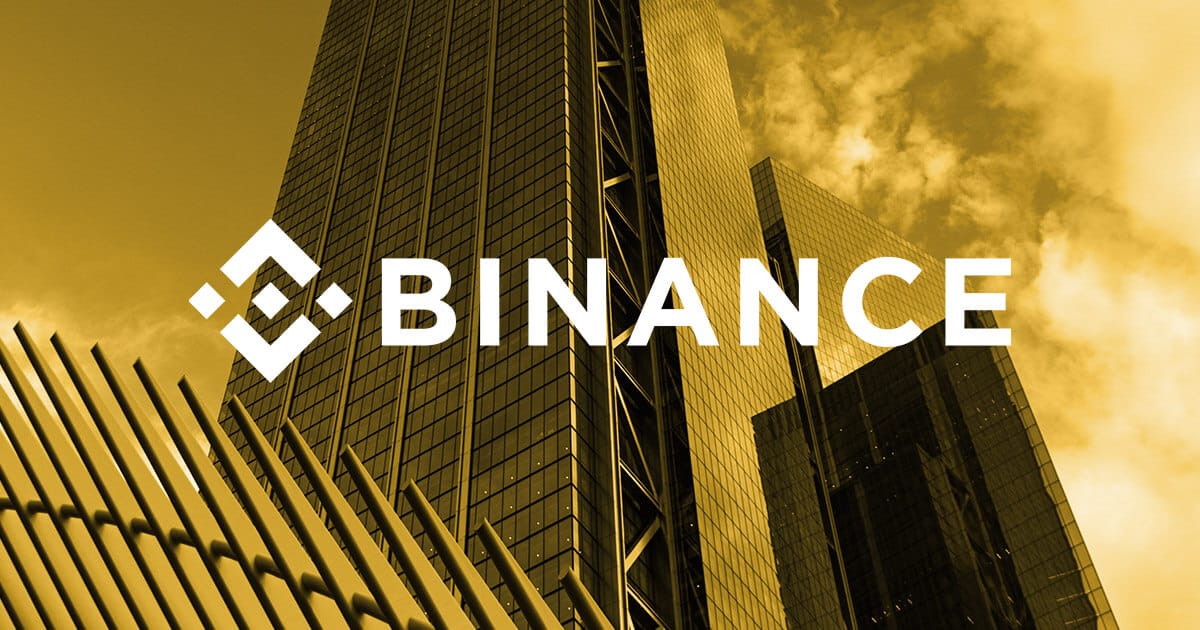- In the high-profile SEC case against Binance, District Court Judge Amy Berman Jackson questioned the SEC’s definition of securities laws.
- The legal battle between the SEC and Binance, along with a separate case involving Coinbase, is drawing intense industry attention as it could determine the SEC’s jurisdiction over digital assets.
In a pivotal moment in the Securities and Exchange Commission’s (SEC) high-profile case against Binance Holdings Ltd., U.S. District Court Judge Amy Berman Jackson pressed the regulatory body to elucidate its stance on cryptocurrencies. The judge, based in the District of Columbia, sought clarity on the SEC’s definition of what constitutes a security, specifically in the context of virtual tokens.
The SEC, led by Chair Gary Gensler, has consistently argued that the majority of crypto assets fall within its regulatory purview, subjecting them to the agency’s rules and oversight. During a hearing on Monday, Judge Jackson expressed concerns about the SEC’s position, questioning whether the regulator perceives all digital assets as securities. She posed the critical question, “How are the issuers supposed to know when they cross the line?”
The SEC’s claims against Binance and its former CEO Changpeng Zhao, made in June, include allegations of mishandling customer funds, misleading investors and regulators, and violating securities rules. The regulator further accused the firm of offering unregistered securities to U.S. investors. Binance and Zhao are actively contesting these allegations in court.
It’s noteworthy that, in a separate development, Binance and Zhao pleaded guilty to charges brought by the Justice Department. They also reached settlements with the Commodity Futures Trading Commission and the Treasury Department in November 2023, though the SEC was not part of that agreement. The ongoing legal proceedings could have far-reaching implications for the cryptocurrency industry, influencing the regulatory framework governing digital assets in the United States.
SEC vs. Binance Case Draws Industry’s Attention
The legal battle unfolding in U.S. District Court Judge Amy Berman Jackson’s courtroom is capturing the crypto industry’s close scrutiny as it holds the potential to define the SEC’s jurisdiction over digital assets. Simultaneously, a separate case involving the SEC and Coinbase Global Inc., the largest U.S. digital asset platform, is under examination by another judge, amplifying industry interest.
At the core of the matter is whether the tokens in question align with the definition of an investment contract outlined in a 1946 Supreme Court decision, characterizing securities as an “investment of money in a common enterprise with a reasonable expectation of profits to be derived from the efforts of others.”
During the recent hearing, Jason Mendro, representing Binance, argued that the company had no post-sale obligations to investors for specific tokens, a critical aspect if these assets were to be classified as securities. In contrast, Jennifer Farer, representing the SEC, countered that Binance’s marketing endeavors indicated investors anticipated profits akin to those expected from securities investments.
The classification of digital tokens as securities, subject to SEC oversight, has led to a divided stance in the courts. In a July ruling, a Manhattan federal judge determined that exchange sales of Ripple’s XRP token did not fall under the SEC’s jurisdiction. However, another judge in the same month seemingly took a contrasting view in the SEC’s case against Terraform Labs Pte.
Binance’s defense also asserted that the SEC failed to provide adequate notice regarding its interpretation of securities laws. Judge Jackson expressed skepticism about the persuasiveness of this argument during the hearing. As the legal proceedings unfold, the industry awaits pivotal decisions that could significantly shape the regulatory landscape for cryptocurrencies in the United States.





















